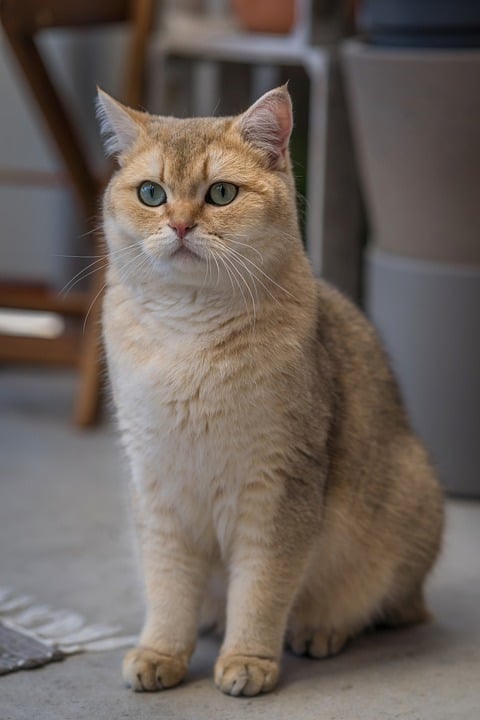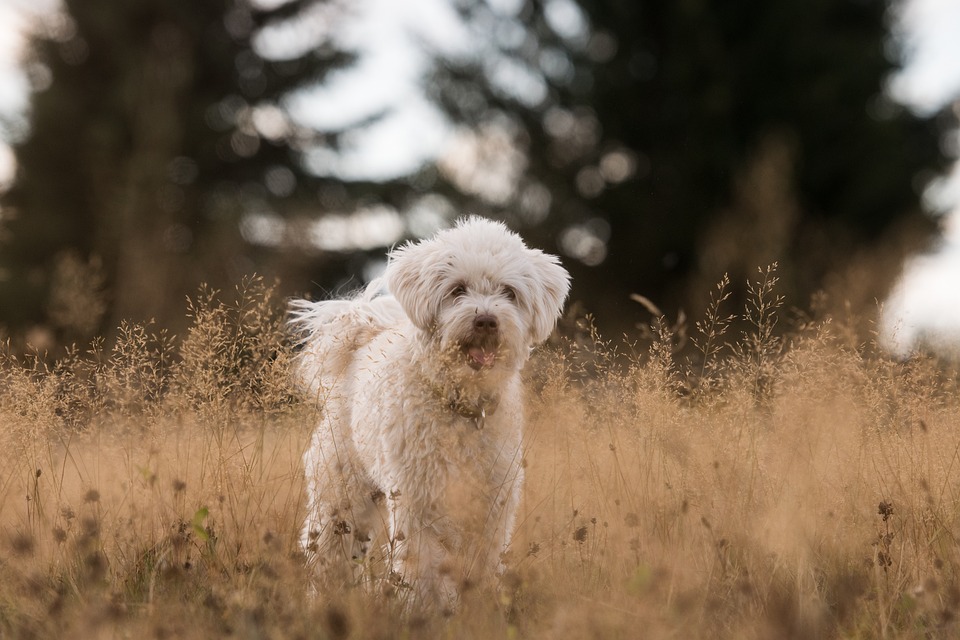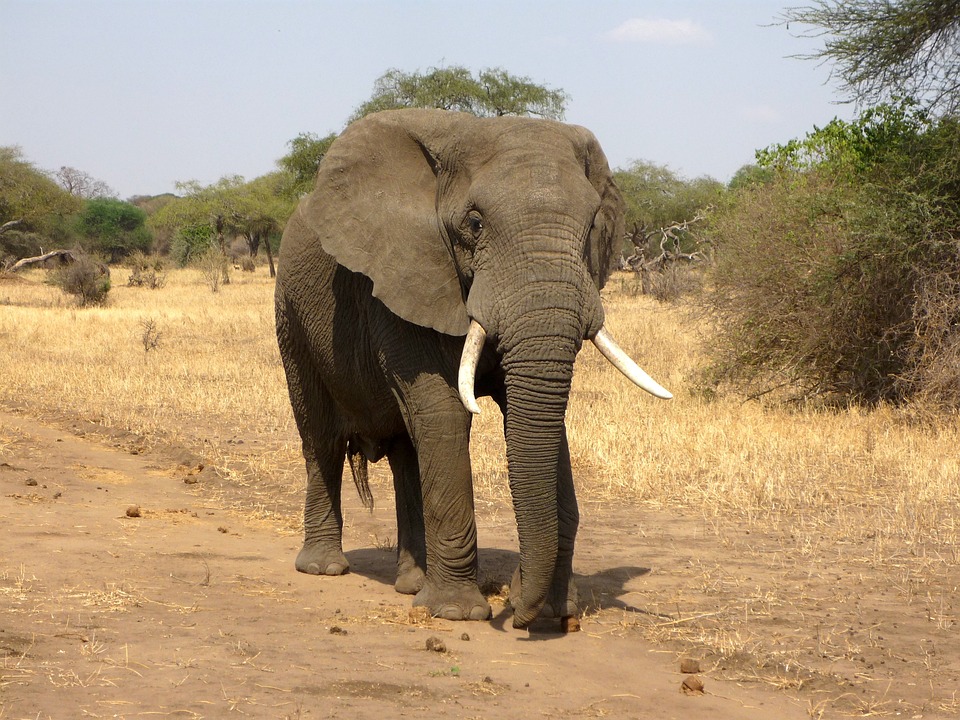As the winter months approach, many people may find themselves feeling a little down due to the decrease in daylight and colder temperatures. But have you ever wondered if our feline friends can also experience seasonal depression? While it is not definitively proven that cats suffer from seasonal affective disorder like humans do, they can exhibit changes in behavior and mood during the winter months.
Seasonal depression, also known as seasonal affective disorder, is a type of depression that typically occurs during the fall and winter months in humans. It is believed that the decrease in daylight triggers chemical changes in the brain, leading to lower serotonin levels and higher melatonin levels, which can result in feelings of depression and sadness.
While researchers are not certain whether cats experience seasonal depression in the same way humans do, it is possible for cats to display changes in behavior during the winter. For example, cats who are used to spending time outdoors may seem more lethargic or withdrawn when they are forced to stay inside due to inclement weather. Additionally, cats may sleep more and eat more during the winter months as a way to conserve energy and stay warm, similar to their instincts in the wild.
If you notice your cat exhibiting signs of depression or lethargy during the winter, there are several ways you can help them beat the winter blues. One effective method is to ensure your cat gets as much sunlight as possible. Keeping blinds and curtains open during the day or investing in a sun lamp designed for light therapy can help mimic natural sunlight and improve your cat’s mood.
In addition to sunlight exposure, keeping your cat active by increasing playtime or introducing new toys and enrichment activities can help combat winter blues. If the weather permits, allowing your cat to spend time outside on a leash or in a catio can also provide mental stimulation and exercise. It is important to monitor your cat’s food intake during the winter to prevent overeating and weight gain.
While seasonal changes can impact a cat’s mood, it is essential to consider other potential causes of depression in cats. Illness, injury, disruptions in routine, or the loss of a companion can all contribute to changes in behavior and mood. Signs of depression in cats may include decreased appetite, changes in grooming habits, or increased aggression.
If you suspect that your cat is suffering from depression, it is crucial to consult with your veterinarian to rule out any underlying medical conditions. Once medical causes are ruled out, your vet can help you develop a plan to address your cat’s behavioral issues, which may include medication, increased attention and enrichment, and lifestyle changes.
In conclusion, while it is not definitively proven that cats experience seasonal depression, they can exhibit changes in behavior during the winter months. By providing your cat with sunlight exposure, mental stimulation, and monitoring their overall well-being, you can help alleviate any winter blues they may be experiencing. Remember to consult with your vet if you have concerns about your cat’s behavior to ensure they receive the appropriate care and support during the colder months.





